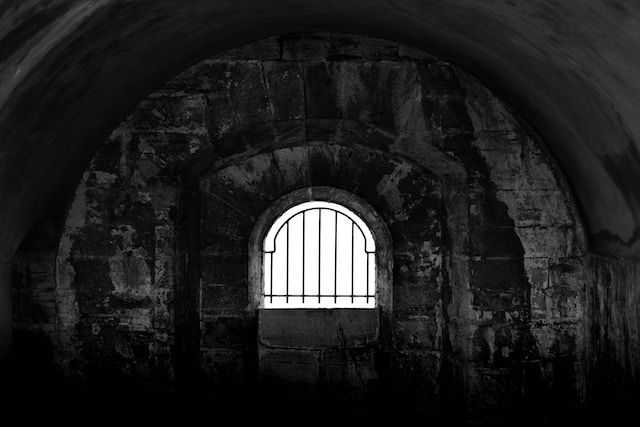Defendants who have to pay bail use their property or promise money in exchange for being released on personal recognizance, or they hire a bail bondsman. The practice of setting bail is supposed to take into account whether it will put an undue burden on a defendant’s family. Keeping people in jail who cannot afford bail is bad for their health. A well-documented body of research demonstrates that.
They Help Defendants Get Out of Jail
Bail bonds Bucks County, PA allow individuals to avoid the devastating consequences of pretrial incarceration, which can lead to lost employment, loss of housing, and even homelessness. In addition, staying out of jail allows defendants to meet with their lawyers and gather evidence before their hearing, which increases their chances of a successful outcome. However, many people are unable to pay their full bail amount. This is where a bail bond company comes in. The company produces a fraction of the total bond and requires the accused to sign over their property (like a car or house) as collateral. Money bail is meant to ensure that a defendant appears in court. Still, it often punishes people for their financial limitations and creates wealth-based inequities that disrupt families and communities, fuel cycles of recidivism, and undermine public safety. This is why prosecutors should support bail reform to reduce pretrial incarceration.
They Help Defendants Return to Normal Life
One of the biggest benefits of bail bonds is that they help defendants return to normal life. Defendants who bail out can return to their jobs, attend family functions, and spend time with loved ones while waiting for their trial dates. This allows them to continue to work toward any stipulations they may have set by the court (such as attending rehab or taking sobriety classes). It also helps reduce jail overcrowding, saving cities money by cutting housing costs. In addition, the bail bonding system helps bridge socioeconomic inequities within the justice system. The prevailing money bail system often means that wealthier defendants get out. In comparison, poorer defendants have to stay in jail until their trials, which disrupts employment and family lives and leads to cycles of recidivism over the long term.
They Help Defendants Prepare for Court
When a person is arrested and released on bail, the judge usually requires them to pay money or a percentage of their total bond. This is a way of ensuring that they will come back to court for their trial. Many people are unable to afford to pay their full bail amount. They need help from a third party, where a bail bondsman comes in. They will help them get a criminal or civil bail bond, which is an agreement that guarantees that the accused will show up to their trial. The bail process is a complex and challenging one that strives to balance public safety with the principle of presumed innocence. Bail bonds play a crucial role in the system by allowing people to await their trial dates outside jail. This helps alleviate prison overcrowding and saves taxpayer dollars.
They Help Defendants Remain in the Community
Defendants who have been arrested can use bail bonds to regain their freedom while they await trial. This is important because it allows them to maintain their jobs and care for their children. It also enables them to prepare for their case with the help of their lawyers. In addition, bail bond companies can usually post the full amount of bail in exchange for a non-refundable 10% fee from the defendant. This ensures that the defendant will attend their court date, ensuring public safety and community well-being. Prosecutors should support reform of the money bail system and promote a pretrial release policy that presumes innocence until proven guilty. This would help ensure equal access to justice for all. The current system punishes people unfairly based on their race, wealth and socioeconomic status.
They Help Defendants Obtain Justice
Bail bonds provide a financial solution that helps people escape jail while they await their court cases. The bail bond system helps ensure that justice is available to everyone, regardless of socioeconomic status. Bail bond companies typically require a co-signer or indemnitor, who will be held responsible for the defendant showing up to all court proceedings. The co-signer will pledge collateral if the defendant doesn’t attend court or violates contract terms. The for-profit bail industry contributes to the economy by creating jobs in the criminal justice sector. Economists agree that money changing hands is a good sign of a healthy economy, so the growth of bail bond businesses has a positive community impact. This system is vital for helping people stay out of jail and participate in their communities.

